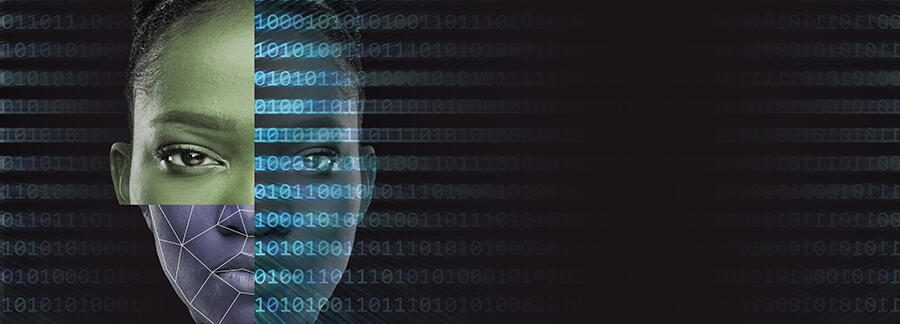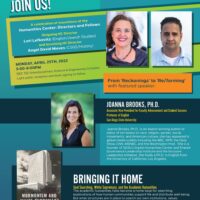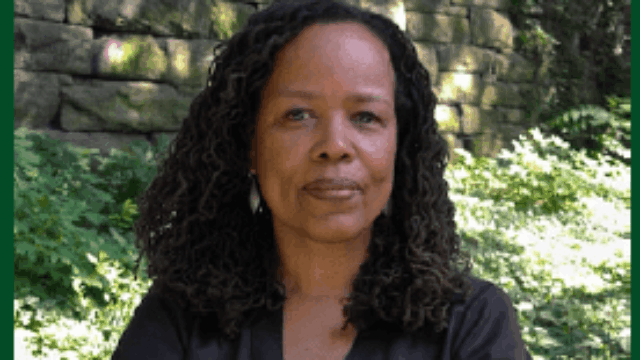
SPEAKER: MAX HOUGHTON, LONDON COLLEGE OF COMMUNICATION
November 18, 2020 | 12:00 p.m. | Zoom
The Composite Bodies Series is a partnership between the Northeastern University Humanities Center and the Mahindra Humanities Center at Harvard. It is convened by Patricia Williams (University Distinguished Professor of Law and Humanities, Northeastern University) and Caroline Light (Senior Lecture on Studies of Women, Gender, and Sexuality, Harvard University).
As a curator and writer focusing on the photographic image, Max Houghton’s work intends to make visible the racist and patriarchal forcefields that surrounded and shaped the birth of photography, and to notice the ways in which they prevail, many of which have been brought into sharp focus by the current pandemic. The role of the image in determining personhood has a long and violent history; technologies of surveillance have shaped who is seen, how, and by whom. Through the process best described as visuality, certain bodies have been broken, brutalized, ignored, or rendered invisible. Such appearances and disappearances are the theme of this talk, which will take the form of a visual essay, or image-text.
About the Speaker
Max Houghton is a writer, curator and editor working with the photographic image as it intersects with politics, law and human rights. She runs the MA in Photojournalism and Documentary Photography at London College of Communication, University of the Arts London, where she organises regular public talks, symposia and exhibitions. Her writing has appeared in publications by The Photographers’ Gallery and The Barbican, as well as in the international arts press, including Foam, 1000 Words, Photoworks and Granta. She is co-author, with Fiona Rogers, of Firecrackers: Female Photographers Now (Thames and Hudson 2017). An essay for a new Mary Ellen Mark monograph is forthcoming (Steidl 2021). She is a Laws faculty scholarship doctoral candidate at University College London, and co-founder of UAL research hub Visible Justice – visible-justice.org.
About the Series
In a moment where our collective health depends on technological innovation – including “contact tracing” through the collection and storage of cell phone data – visual, biometric, and other forms surveillance collect us as pinpoints of data. Composite Bodies takes up questions of technology, surveillance, embodiment, and power from an intersectional feminist lens. Through critical engagements with law, philosophy, art, history, bioethics, criminology, and advocacy, this series will address how the machine measurement and tracking of bodies are reconceptualizing notions of privacy while complicating the boundaries of the body as an integrated whole, reproducing and reinforcing biases based on race, class, gender, and other historically disabling taxonomies.
Additional information can be found here.




